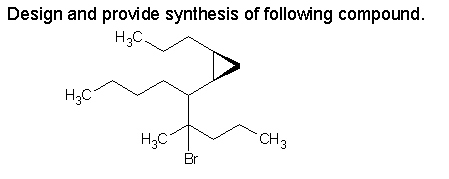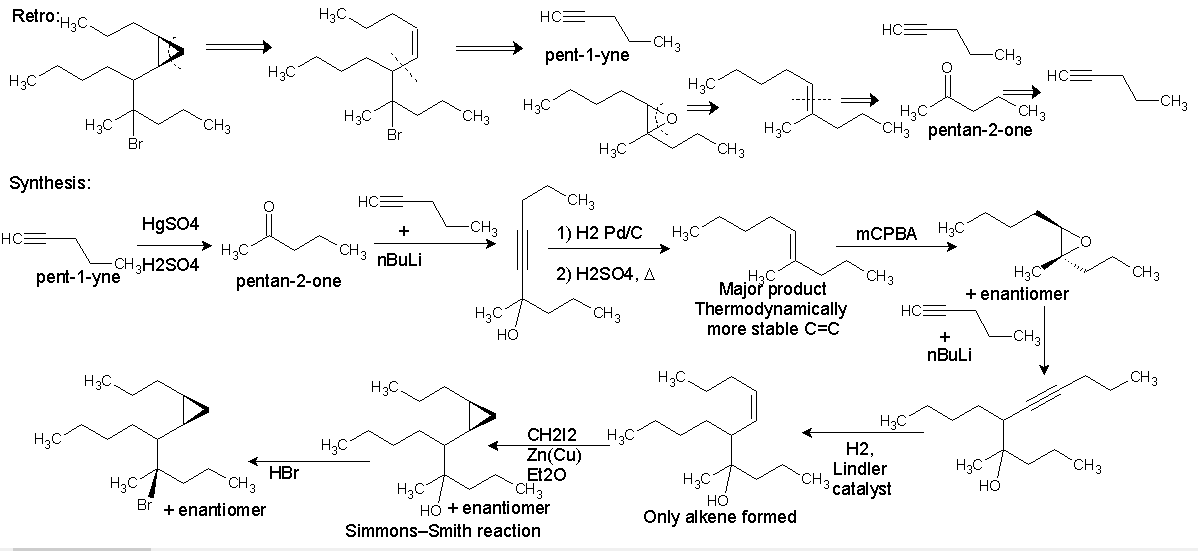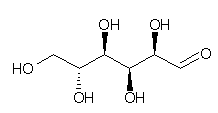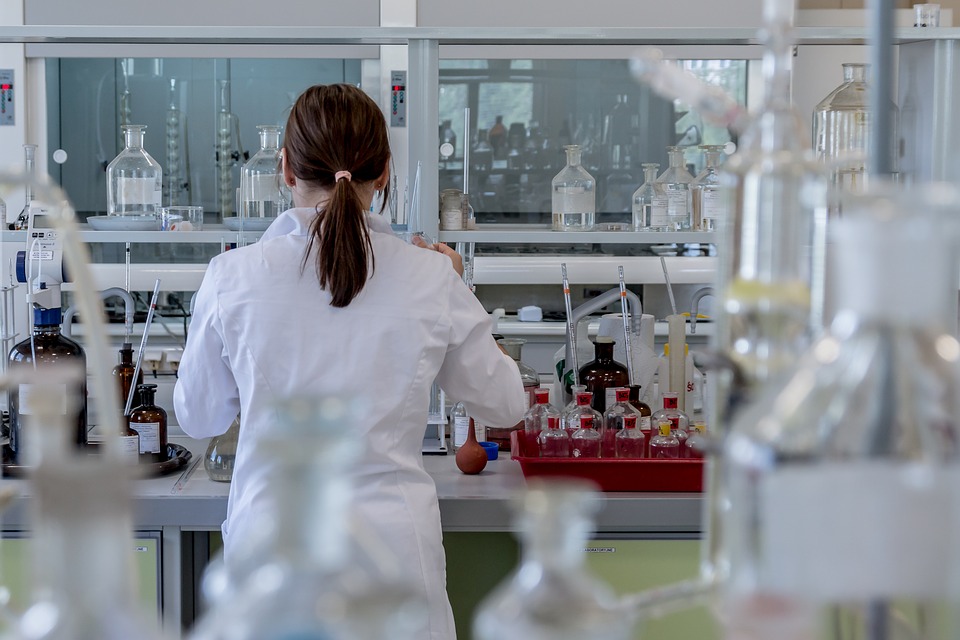ASSIGNMENT AND HOMEWORK HELP

Organic Chemistry is always fun to learn. Unless you are struggling to understand broken bonds and moving electrons from molecule to molecule. It is commonly observed across universities/colleges and schools that initially most of the students struggle to understand concepts in Organic chemistry. If you find yourself in this situation, you are not alone. While working on your assignment or homework you may come across the problem you need more understanding or you just need to check your answers.
Nowadays there are many services available on your fingertips. Just search and you get the answer. However, do you think the answers are written by real subject matter experts? Are they correct with appropriate and complete explanation? With proper citations and references? Till date, most of the services available are either too general to the chemistry or they are not referenced properly.
Hence, to help you with your Organic chemistry homework/assignment questions, OCT (Organic Chemistry Tutorials) is the best place to go to. We value your each and every question, and so we do not provide any lame database to search on yourself. Instead, we provide a real expert with the qualification of at least a Ph.D. or Masters in Organic Chemistry with hands-on experience as an educator to help you on each question you ask. Each question is put on the utmost priority and assigned to an available expert at the moment automatically.
Question NO 1

Answer to the following question

How to?
Just write your question in text or upload an image of your question.
Question NO 2

Answer to the following question

Question NO 3
Example: How our students ask the question:
Text question:
Label each asymmetric carbon atom in the following examples, and identify whether it has the (R) or (S) configuration in D-Galactose.
ONLINE TUTORIALS

If you are struggling with your organic chemistry course. You lost while following the reaction sequence and the mechanism. Maybe you are not able to follow your professor at all. Perhaps, you memorize everything from the organic chemistry course, but suddenly find yourself overwhelmed when you see questions in homework, assignment or exam you never have seen before. You may seek help by personal tutors. However, personal tutors may put a dent on your weekly budget and becomes difficult to balance your work-life balance.
Then, we know your pain and the trouble as a student you are going through. Understanding students need and helping students to sail safely across the education valley is our motto. OCT (Organic Chemistry Tutorials) puts the student first and design the online tutorials accordingly and that too in your budget.
At OCT, we have experts across the globe not only well educated and specialized but also with good experience in teaching the subject online. Simply, decide your topic for the session, check the availability of a tutor, book the session accordingly and relax. Our tutor will gather all the information needed for the session, prepare the topic and teach you the topic of your need from organic chemistry.
Schedule the online session here:
Ask query text box with text editor or image uploading facility.
Callender gadget to be embedded from google calendar.
Topics we cover: this is a comprehensive list:
1. Chemical Bonding in Organic Chemistry
2. Delocalized Chemical Bonding
3. Weaker bonding
4. Stereochemistry
5. Carbocations, Carbanions, Free Radicals,
Carbenes, and Nitrenes
6. Mechanisms and Methods of Determining Them
7. Radical Reactions in Organic Chemistry
8. Acids and Bases
9. Effects of Structure and Medium on Reactivity
10. Aliphatic Substitution: Nucleophilic and Organometallic
11. Aromatic Substitution, Electrophilic
12. Aliphatic, Alkenyl, and Alkynyl Substitution,
Electrophilic and Organometallic (limited*)
13. Aromatic Substitution, Nucleophilic and Organometallic (limited)
14. Substitution Reactions: Free Radicals
15. Addition to Carbon-Carbon Multiple Bonds
16. Addition to Carbon–Hetero Multiple Bonds
17. Eliminations
18. Rearrangements
19. Oxidations and Reductions
20. Hetrocyclic organic chemistry
21. Alkanes, alkenes, alkynes
22. Alcohol, phenols, and ethers
23. Structure and Properties of Organic Compounds
24. Spectroscopy and Structure (IR, NMR, CMR and Mass Spectroscopy)
25. Aldehydes and Ketones (Nucleophilic Addition)
26. Carboxylic Acids
27. Functional Derivatives of Carboxylic Acids (Nucleophilic Acyl Substitution)
28. Carbanions I (Aldol and Claisen Condensation)
29. Carbanions II (Malonic Ester and Acetoacetic Ester synthesis)
30. Amines
31. Aryl Halides (Nucleophilic Aromatic Substitution)
32. α,β-Unsaturated Carbonyl Compounds (Conjugate Addition)
33. Symphoria (Neighboring Group Effects)
34. Macromolecules (Polymers and Polymerization organic chemistry prespective)
35. Lipids (Fats and Steroids)
36. Carbohydrates (Monosaccharides, Disaccharides, and Polysaccharides)
37. Proteins and Nucleic Acids (limited*)
(limited= limited cases covered you may have to check with an expert if they can cover any particular)
ONLINE EXPERIMENTS

CONTENT COMING SOON
ACADEMIC REPORTS AND PRESENTATIONS
CONTENT COMING SOON

